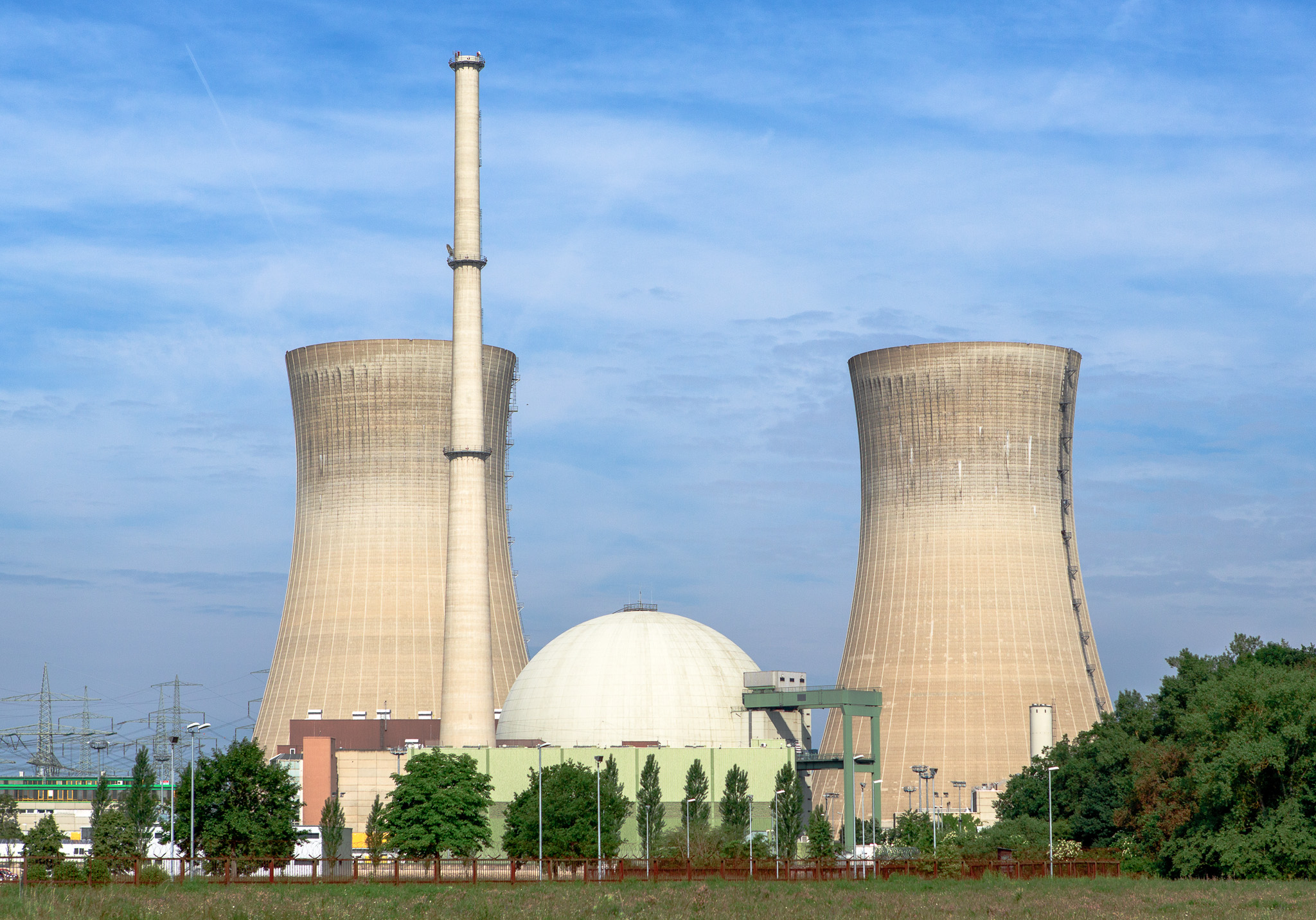On Friday, 29 July, Greg Clark was appointed Secretary of State for Business, Energy and Industrial Strategy reported the plans. The official did not go into details, saying only that the British government is still considering nuclear energy as an element of the country’s energy strategy:
"Britain needs a reliable and stable supply of energy, and the government believes that nuclear energy is an important element in this regard. The government will carefully consider all of the key parts of the project and will take its decision in the beginning of autumn."
NPP Hinkley Point C is a joint project of EDF Energy, British subsidiary of the French state corporations EDF, and Chinese state-owned corporations - China General Nuclear Corp. and China National Nuclear Corp.
Officially, plans to build a new nuclear power plant at Cape Hinkley Point in Somerset County in the south-west of England instead of Hinkley Point A station (decommissioned in 2000) and Hinkley Point B (to be decommissioned in 2023) appeared in 2008.
The project cost is estimated at 18 billion pounds. As expected, Hinkley Point C would be the first nuclear power plant built in the UK for the past 20 years. By 2025, it will be able to generate up to 7% of the total electricity produced in the UK.
Start of the nuclear power plant’s construction has been scheduled for 2019, but the timing has repeatedly been shifted due to a number of factors (including the British regulator’s checks, uncertainty in the nuclear power industry after the accident at Fukushima and so on).
Many older nuclear power plants in the UK will soon launch decommission. According to current forecasts, four NPPs will have been closed by the moment Hinkley Point C begins its work (I quarter 2023).
Some experts pointed out that the new British Prime Minister Theresa May does not want to automatically renew the project at the beginning of his premiership. This project is largely a legacy of former Head of the British government David Cameron, so May might want to at least formally show that she is going to carry a throughout check before approving it.
We are talking about large-scale and long-term project, construction of which in one form or another (dramatic cost overstatement in the course of construction, prohibitive cost of power generation, and so on) may come back to haunt the UK in 10 years, when, as is expected, the NPP will start to generate electricity.
However, there are more negative assessments of the decision to postpone the project’s approval. In particular, the Financial Times notes that it is a signal Britain may reconsider the draft and refuse China's participation in it.
The FT cited an opinion of one of Theresa May’s close advisers, "an influential figure in the new British government," Nick Timothy, previously a critic of the project. He stated that China allegedly "could blackmail Britain in the field of energy".
source: ft.com
"Britain needs a reliable and stable supply of energy, and the government believes that nuclear energy is an important element in this regard. The government will carefully consider all of the key parts of the project and will take its decision in the beginning of autumn."
NPP Hinkley Point C is a joint project of EDF Energy, British subsidiary of the French state corporations EDF, and Chinese state-owned corporations - China General Nuclear Corp. and China National Nuclear Corp.
Officially, plans to build a new nuclear power plant at Cape Hinkley Point in Somerset County in the south-west of England instead of Hinkley Point A station (decommissioned in 2000) and Hinkley Point B (to be decommissioned in 2023) appeared in 2008.
The project cost is estimated at 18 billion pounds. As expected, Hinkley Point C would be the first nuclear power plant built in the UK for the past 20 years. By 2025, it will be able to generate up to 7% of the total electricity produced in the UK.
Start of the nuclear power plant’s construction has been scheduled for 2019, but the timing has repeatedly been shifted due to a number of factors (including the British regulator’s checks, uncertainty in the nuclear power industry after the accident at Fukushima and so on).
Many older nuclear power plants in the UK will soon launch decommission. According to current forecasts, four NPPs will have been closed by the moment Hinkley Point C begins its work (I quarter 2023).
Some experts pointed out that the new British Prime Minister Theresa May does not want to automatically renew the project at the beginning of his premiership. This project is largely a legacy of former Head of the British government David Cameron, so May might want to at least formally show that she is going to carry a throughout check before approving it.
We are talking about large-scale and long-term project, construction of which in one form or another (dramatic cost overstatement in the course of construction, prohibitive cost of power generation, and so on) may come back to haunt the UK in 10 years, when, as is expected, the NPP will start to generate electricity.
However, there are more negative assessments of the decision to postpone the project’s approval. In particular, the Financial Times notes that it is a signal Britain may reconsider the draft and refuse China's participation in it.
The FT cited an opinion of one of Theresa May’s close advisers, "an influential figure in the new British government," Nick Timothy, previously a critic of the project. He stated that China allegedly "could blackmail Britain in the field of energy".
source: ft.com





